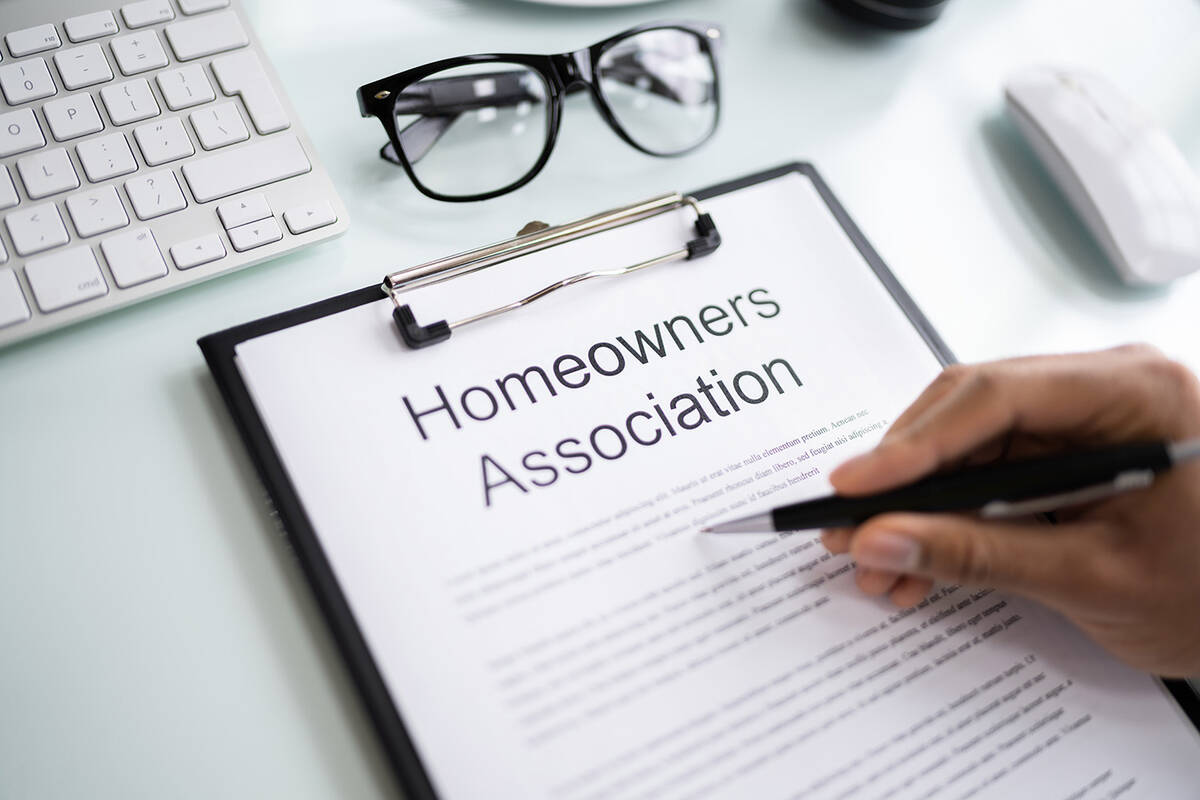Condo building has strict rules on flooring choices
Q: I own a condo and use it as a rental property. I recently remodeled the unit to include luxury vinyl plank flooring. Turns out our covenants, conditions and restrictions say we can’t do that in bedrooms of a second-floor unit without permission of the board. It actually states hard-surface flooring. It does state in another section regarding vibrations that vinyl is not permitted: I haven’t been able to make sense of that one. There is also a section that states when hard-surface flooring is used, it must have an underlayment with a sound transmission class (STC) rating of 50 or higher, except for vinyl and carpet.
I applied to the Architectural Review Committee for permission, and explained that my unit has 2 inches of Gypcrete throughout (STC rating of 57 per ¾ inches) and that the vinyl planks are rated with STC of 52 by itself. I was denied and told to replace it with carpet.
There’s no way a floating nonglued, non-nailed flooring system with this application is going to be a noise nuisance.
Just wondering if I don’t comply, what’s the worst they can do? If they fine me and I pay it, does it stop or can they keep fining me? Should I try to appeal?
A: It is worth appealing their decision if you can provide documentation that the rating exceeds the standard set by the association. It is not unusual to have regulations in a condominium to help reduce the sound from one unit to another unit, especially those vertical ones.
Q: I recently purchased a home in a development that is at about 50 percent complete. The homeowners association is comprised of two developer/declarant members and one homeowner. The developer has asked the homeowner board member to conduct a walk-through of common elements in the areas of the development that have been completed, in anticipation of turning these elements over to HOA control. Can you guide us toward any Nevada Revised Statutes, State Contractor’s Board requirements or other legal governing documents that spell out the responsibility of the developer in this process?
I am asking this, as we had some extensive storm damage (storm water runoff and ponding) after the Aug. 19 monsoon. The developer has made some cosmetic repairs to the common areas, but we feel that there are underlying issues that still need to be addressed, and that they may not present as problems for many years (erosion under sidewalks, insufficient slope and drainage of stormwater, inadequately designed stormwater drains and the like). Several homeowners were impacted as water runoff from common areas breached backyard walls and created plant die-off and mud issues. To date, the developer seems reticent to accept any responsibility, and is reluctant to investigate further.
I appreciate any guidance you can provide.
A: There is no law in NRS 116 that even mentions a transition walk of the common elements.
Often a group of interested homeowners along with the homeowner board member would walk the community, listing alleged defects with photographs to present to the developer
The developer is not really required to make corrections or adjustments. Often this leads to the homeowners contacting the Nevada Contractors Board to intervene for the homeowners to require corrections by the developer. In severe cases, a lawsuit against the developer could emerge.
A recommendation is for the homeowner board member or joining members to find general contractors to walk with you.
Q: Our regulations state that holiday decorations and lights must be taken down no later than one month after the holiday.
A homeowner in our neighborhood has installed lights in his front yard that line his walkway. He can choose whatever color he decides to use. In this case, it is green. I say that the green lights qualify as holiday lighting, and the lights should be clear in the front yard.
They disagree and see no problem. So I suggested, if it isn’t a problem, then what’s to stop me from putting pink or purple lighting in my front yard? Is that OK, too? I didn’t get much of a response and would very much appreciate your opinion. I say they’re setting themselves up for something far more disturbing to come along, and won’t have a leg to stand on. This is setting a precedent that could bite them later. They’ve told me no one else has complained, but I don’t think that matters in any way.
A: Holiday decorations and lighting encompasses more then green lights. Holiday decorations would represent symbols of the holiday, such as a Christmas tree or a Menorah. Your association appears to have a broader regulation that allows color lights.
Barbara Holland is an author and educator on real estate management. Questions may be sent to holland744o@gmail.com.















